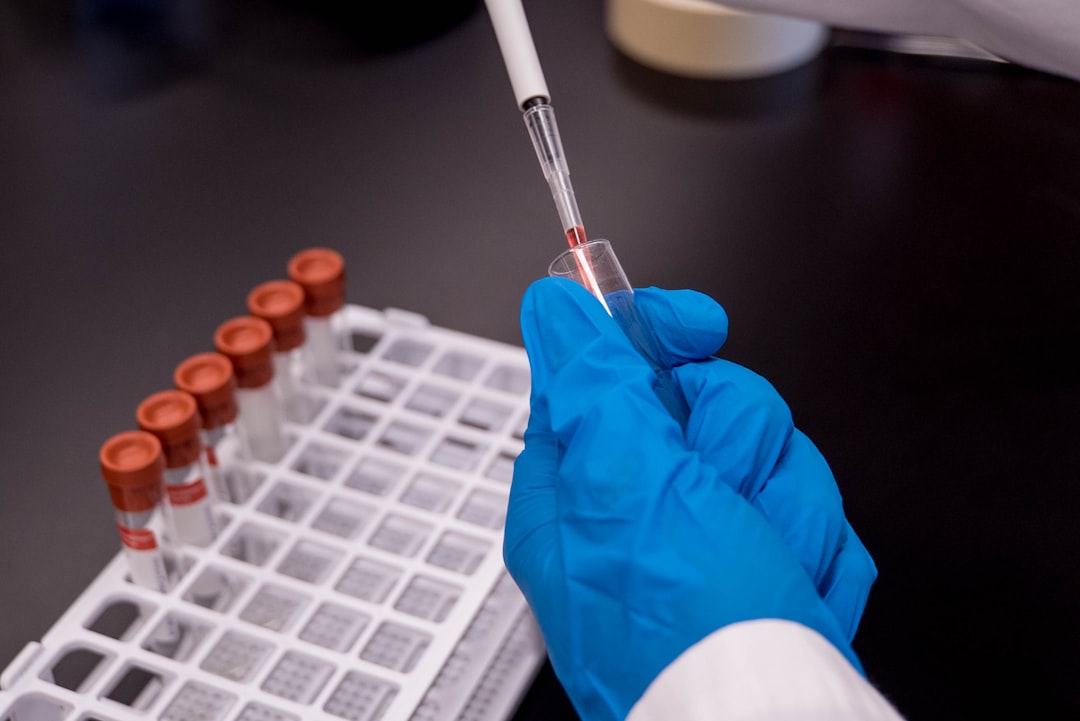What is it about?
Impacts of mass transfer limitations due to the large increase of resin viscosities during thermoset polymer reactions were reflected in the frequency (pre-exponential) factor of Arrhenius equation. By representing the frequency factor as the sum of viscosity-dependent and a viscosity-independent terms to account the impact of inter- and intra-molecular diffusion/movement of the reacting moieties in the resin, the same pre-exponential factor was able to be used for catalytic and non-catalytic paths. Impacts of catalysts were reflected in lower activation energies. Temperature profiles of urethane gel reactions were used to characterize the reactivities of different polyols based on the fractional content of primary (versus secondary) hydroxyl moieties.
Featured Image
Why is it important?
This approach reduces the number of fitted parameters needed for simulation and provides a more fundamental, efficient, and robust method to simulate thermoset reactions. The simulation results of reaction temperature show good agreement with the experimental data.
Read the Original
This page is a summary of: Viscosity-dependent frequency factor for modeling polymerization kinetics, RSC Advances, January 2017, Royal Society of Chemistry,
DOI: 10.1039/c7ra01242j.
You can read the full text:
Contributors
The following have contributed to this page










